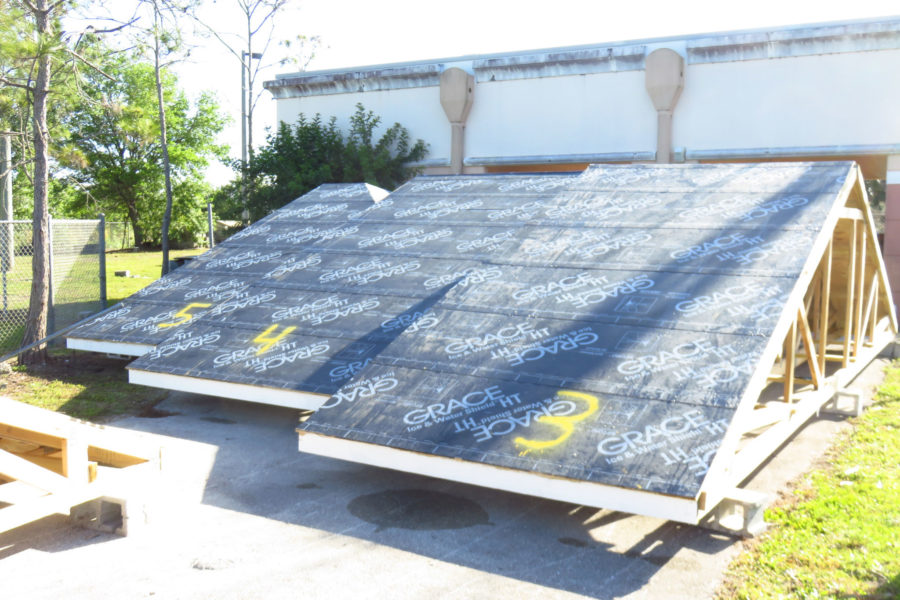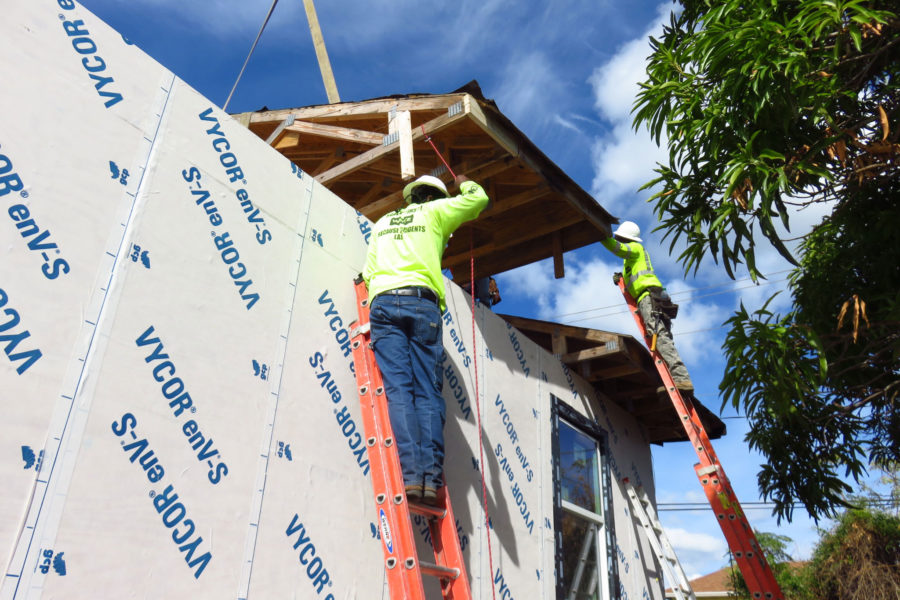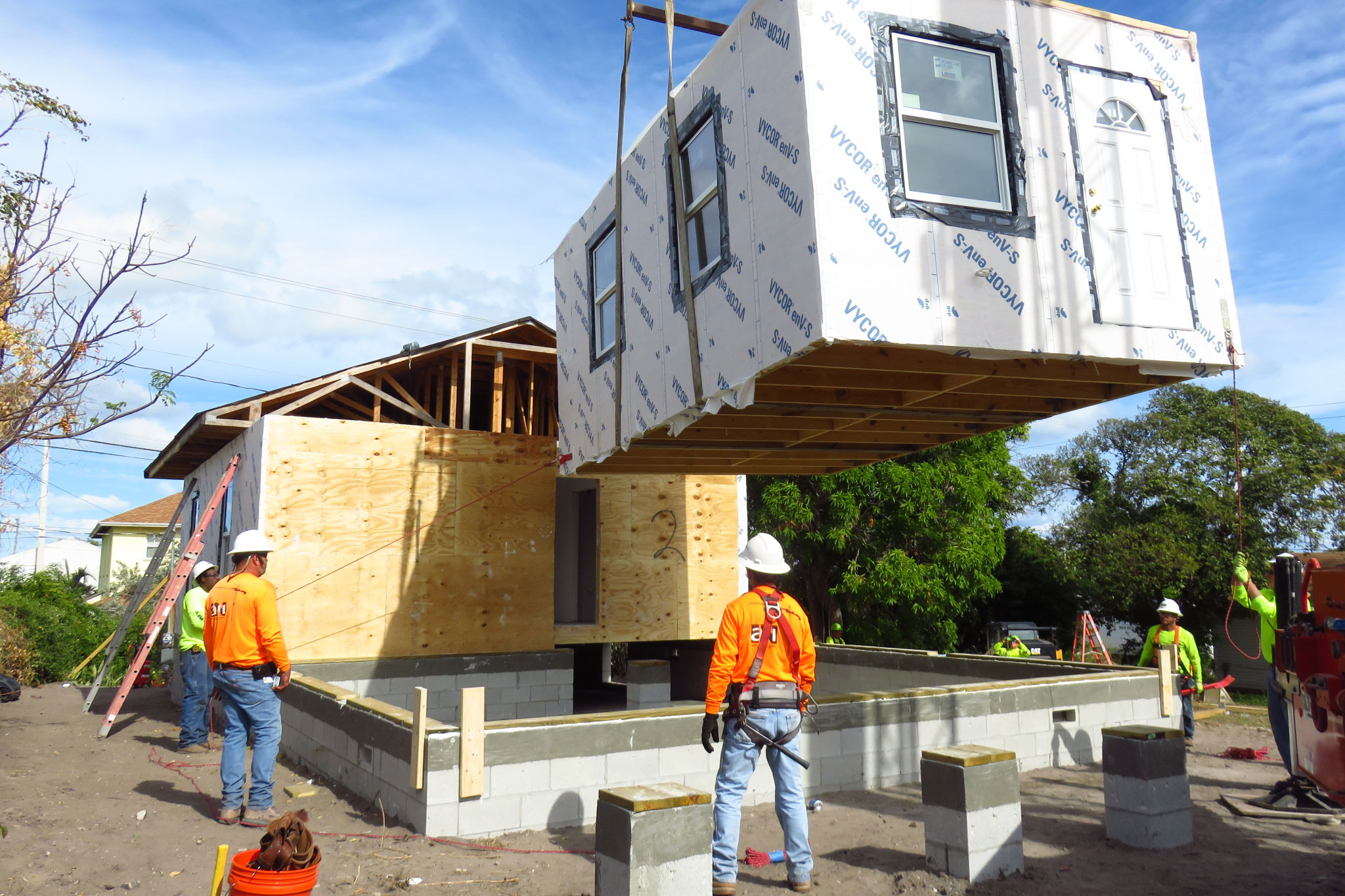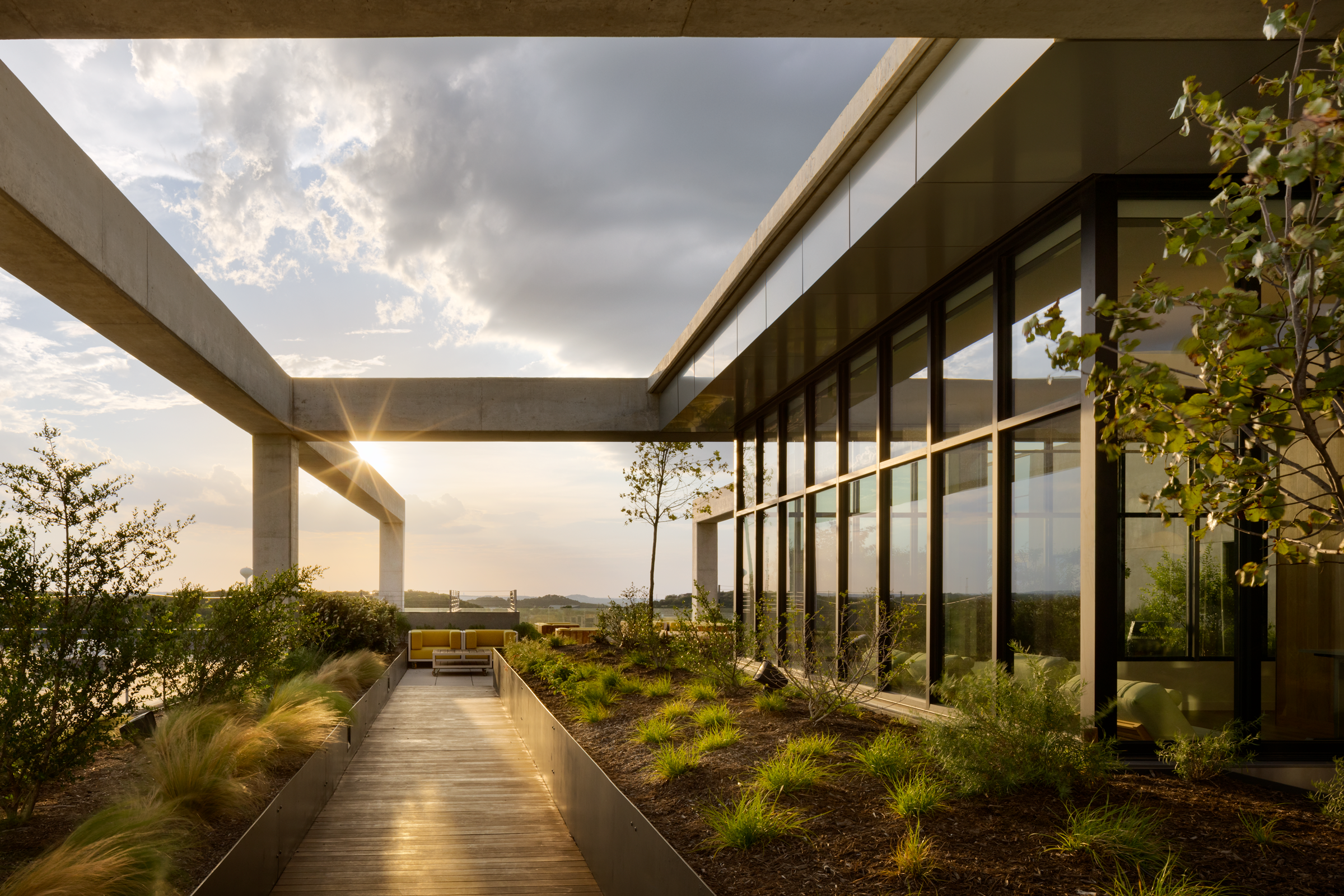Story at a glance:
- The features of self-adhered building products complement the modular construction process.
- These products stand up to winds during transport and won’t blow around or get destroyed in a storm.
- Self-adhered building products can often even be applied by one person.
Modular construction is on the rise, as the process is greener, faster, and smarter than most conventional building methods. It produces less waste and a more airtight construction, is safer for the crew due to the indoor construction environment, and reduces the project timeline due to weather delays. But what if you could accelerate those benefits even more? Well, with the right products, modular construction can be even more efficient. Enter: self-adhered building products.
Self-adhered building products is a product category that is often overlooked when it comes to modular construction, but it fits seamlessly into the process. Self-adhered building products’ ease of application eliminates laborious and time-consuming fastening, taping, and detailing procedures, among other benefits.
These are the top five reasons to use self-adhered building products in modular construction.
1. Weight matters
As the building is constructed off-site and then transported to the building site, weight is a significant consideration in modular construction to keep costs down.
A procedure called light weighting is often conducted to shrink every ounce of the truck’s weight to improve the miles per gallon. Using self-adhered building products eliminates the need for fasteners, making the modules lighter. The lower weight equals lower transportation costs. These savings are typically much greater than the marginal additional cost of self-adhered products.
2. Windproof

Photo courtesy of GCP Applied Technologies
Self-adhered building products stand up to winds during transport. They don’t blow around or get destroyed.
For instance, GCP’s VYCOR® enV-S® fully adhered weather barrier seals to the substrate, solving this transportation challenge of the modular delivery process. Truck drivers have put VYCOR® enV-S® weather barrier to the test by driving at highway speeds and the weather barrier survived nicely in transit.
Standard building wraps can pull away from the sheathing, like sails in the wind, and often end up on the roadway, requiring rework on the job site.
3. One-person application
Self-adhered building products can often be applied by one person. Most house wraps are provided in 48 inch rolls, but GCP’s VYCOR® enV-S® weather barrier comes in 40 inch rolls, and GRACE ICE & WATER SHIELD® self-adhered roofing underlayment comes in 36 inch rolls. These shorter lengths combined with the self-adhesive application can help make it easier for one person to apply them at a modular station. This is extremely useful currently, as it meets COVID-19 social distancing guidelines.
4. Eliminate steps

Photo courtesy of GCP Applied Technologies
Traditional house wraps are applied with nails or fasteners that could create leaks at every hole. In the field you are then supposed to tape over those seams. VYCOR® enV-S® weather barrier does not require mechanical fasteners to install, and thus does not require laborious taping of seams onsite. It also can be installed on most wood substrates without aid of any special primer materials, eliminating steps.
5. Reduce tools and costs
Self-adhered building products do not require nail guns, tape, cap fasteners, and other products for application. All that is needed is the product itself, extracting three to five tools from the process.
Eliminating this expensive equipment not only makes the application easier, but it also reduces the budget and application time while also freeing up inventory space.
The features of self-adhered building products complement the modular construction process. They are independently and easily applied in the workshop, and eliminate steps and tools needed. As modular construction continues to grow, it is important to evaluate how to improve and innovate the process. Utilizing premium products that accelerate the benefits of modular construction is one way to do so, increasing the efficiency of the building process and quality of the completed structure.



